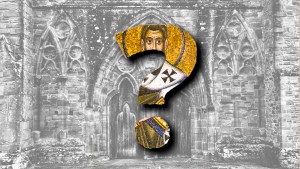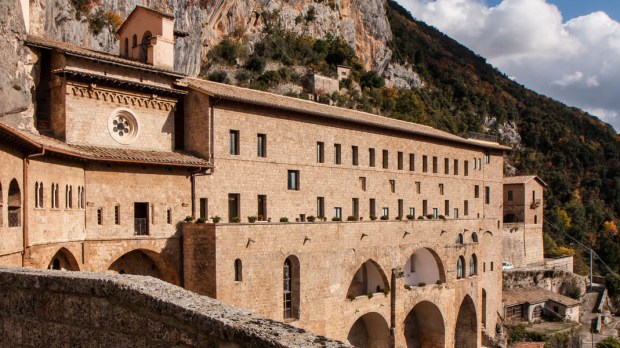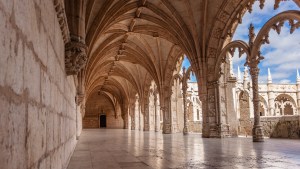Lenten Campaign 2025
This content is free of charge, as are all our articles.
Support us with a donation that is tax-deductible and enable us to continue to reach millions of readers.
The word monastery derives from the Greek monasterion, which is, in turn, a derivation of the word monos,meaning alone. A monastery is thus a secluded, “lonely” dwelling or community where members of a religious order live a shared contemplative life devoted to solitude, prayer, work, and community following an established monastic rule.
Monasteries serve as places of spiritual retreat, intellectual development, and hard manual labor, embodying values of poverty, chastity, obedience, and stability. Monastic communities engage in liturgical prayer, including the Divine Office, and offer hospitality to visitors seeking spiritual guidance or retreat from the hustle and bustle of the outside world. These spaces provide a haven for monks, nuns, and lay brothers and sisters to lead lives dedicated to the service to God and others. Here, we list five great monastic complexes in Catholic Christianity.
Mont Saint-Michel Abbey (France)
Rising from the tidal flats of Normandy, Mont Saint-Michel Abbey is surely a marvel of medieval architecture. This iconic Benedictine abbey, high atop a rocky island, dates back to the 8th century. As is often the case with these ancient buildings, the abbey has served various purposes throughout history – it was once, and still is, one of the most popular pilgrimage destinations in Europe and has even served as a fortress. Its abbey church, with its stunning spire, has been a UNESCO World Heritage Site since 1979.
Cluny Abbey (France)
Founded in as early as in the year 910, Cluny Abbey became a symbol of monastic reform in the Middle Ages. The Cluniac order emphasized a stricter observance of the Rule of St. Benedict and played a crucial role in shaping medieval Christianity. Some of the greatest European Mediterranean monasteries of the 11th century were founded by Cluniac monks. Indeed, the abbey boasted the largest church in Christendom until the construction of St. Peter’s (new) Basilica in Rome.
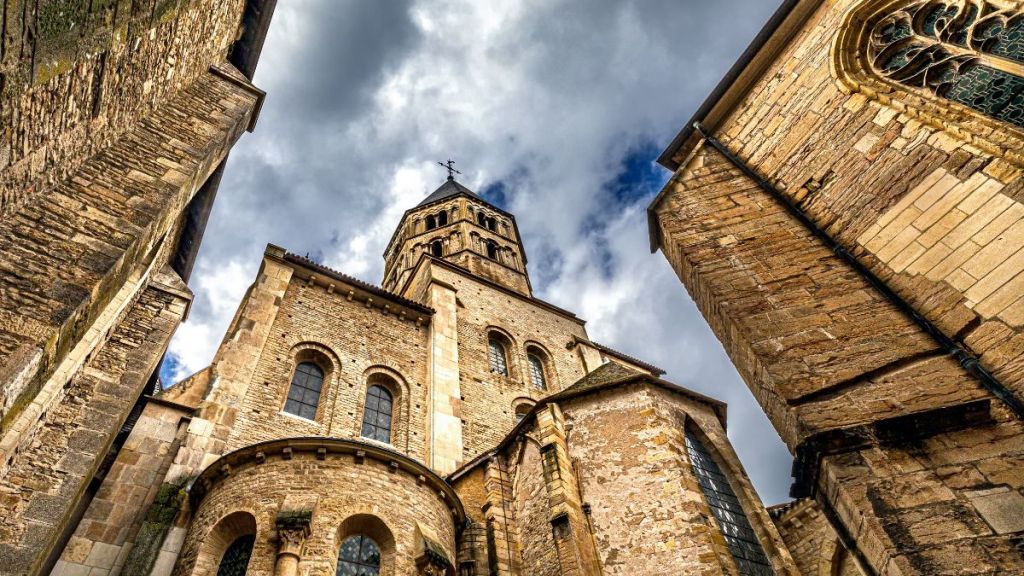
Melk Abbey (Austria)
Overlooking the Danube River, Melk Abbey is a masterpiece of Baroque architecture. Even though it was founded in 1089, this Benedictine monastery underwent extensive renovations in the 18th century, resulting in its current opulent (that is, typically Baroque) appearance. The abbey’s library houses an exceptional collection of medieval manuscripts, the result of the monks’ commitment to scholarship and preserving knowledge.
Montserrat Monastery (Spain)
Perched on the peaks of the Montserrat, in Catalonia, the Benedictine abbey of Santa María de Montserrat has drawn pilgrims since its very foundation in the early 11th century. The abbey is renowned for its major spiritual significance, and for its revered Black Madonna statue. The stunning mountainous backdrop adds an extra layer of awe to the monastery’s already impressive spiritual ambiance.
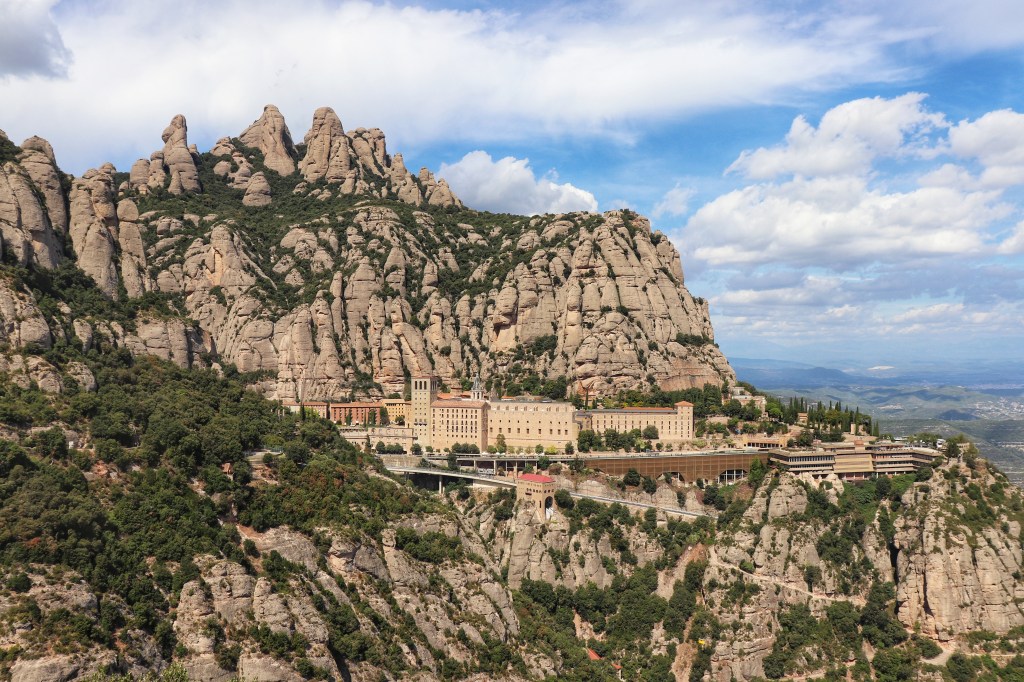
Subiaco Abbey (Italy)
Subiaco Abbey is, in more ways than one, where it all started. It was not exactly “founded” by St. Benedict, but this is the place where he retreated to live on a cave for three years in the 6th century. As expected, the abbey holds a unique place in the history of Christianity. Situated in the tranquil hills east of Rome, this is the place that laid the foundation for the Benedictine Order – and, thus, for all of Western monasticism.
